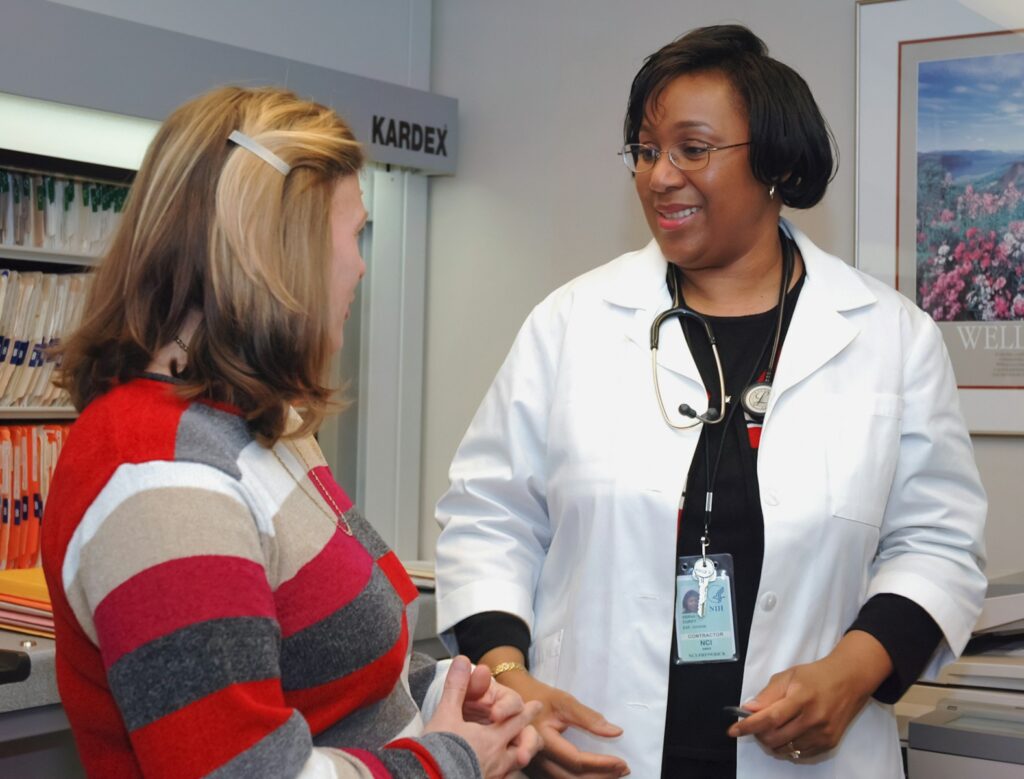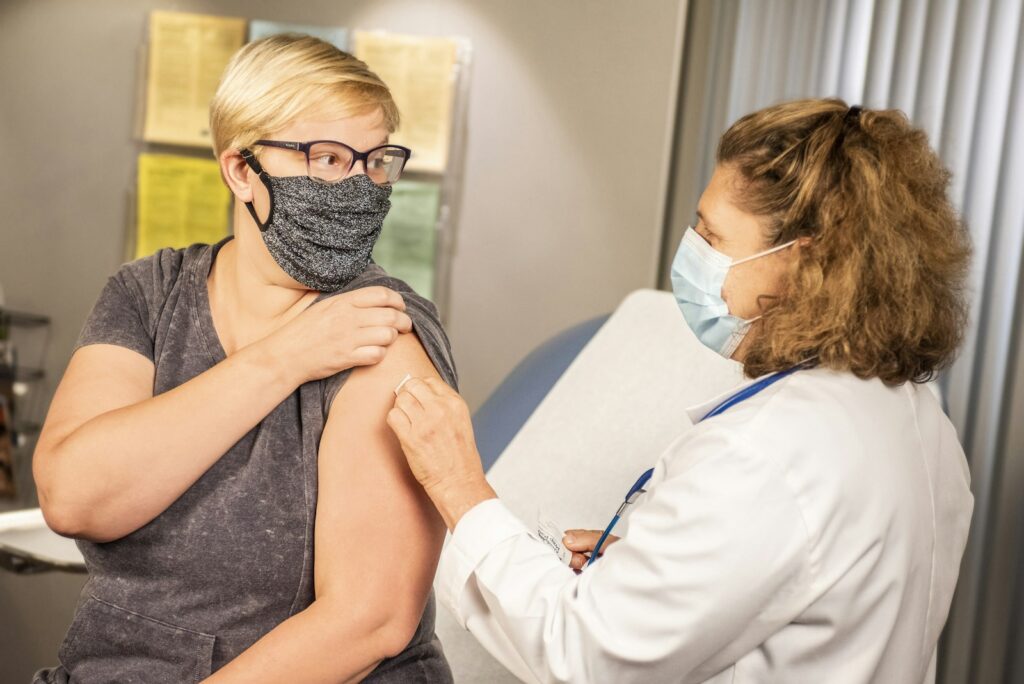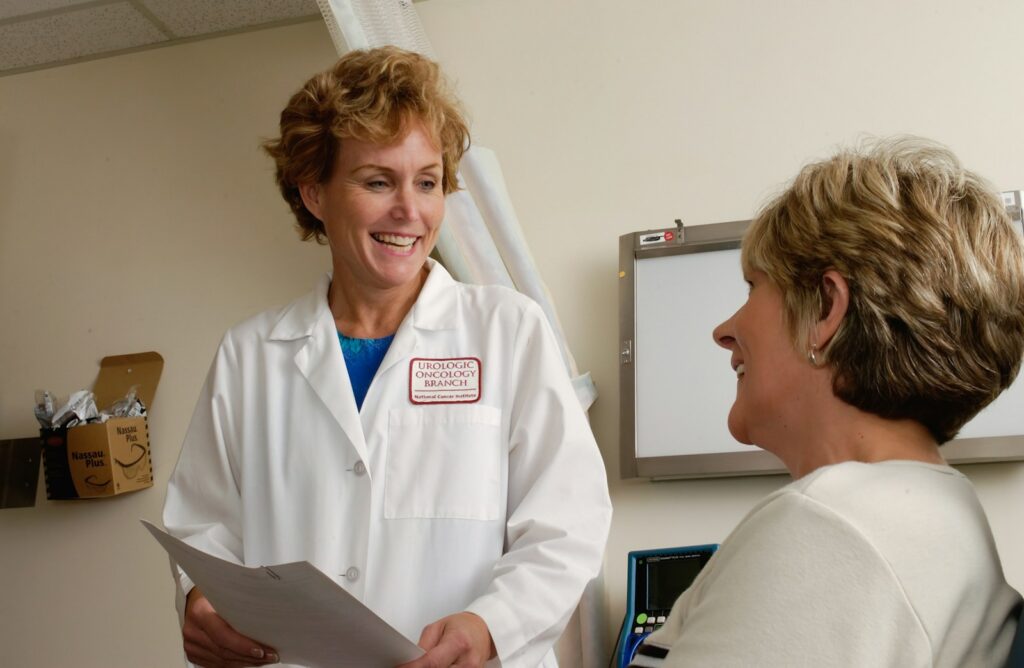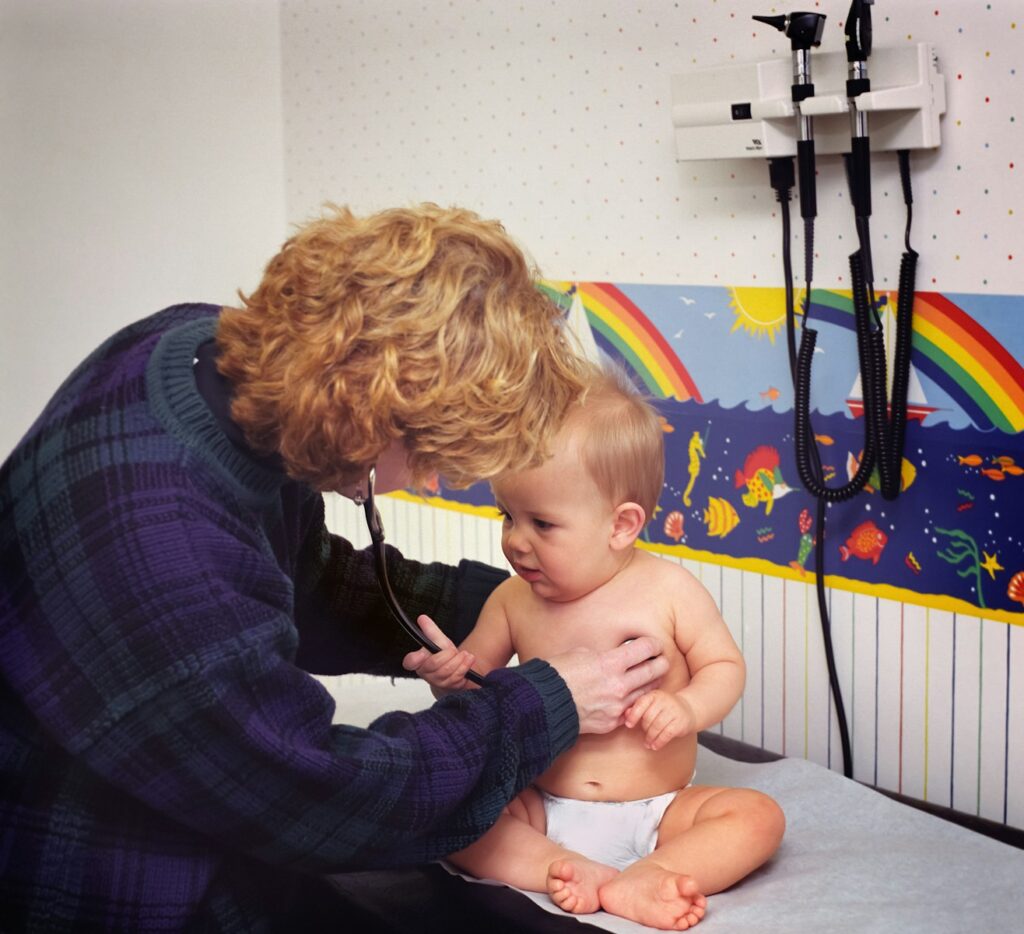If you’re planning to travel outside the UK, you may need to be vaccinated against some of the serious diseases found in other parts of the world.
The practice only provides immunisations that are free on the NHS.
The following vaccinations are available, free of charge, from the NHS and will be provided by us if recommended:
- Hepatitis
- Diptheria/Tetanus/Polio
- Typhoid
Please complete our ‘Travel Health Questionnaire’. The nurses will look at the health questionnaire to see if you need any of the free NHS vaccines available.
The surgery will then contact you to arrange an appointment if necessary. Travel injection appointments should be booked 6-8 weeks before your holiday or business trip.



